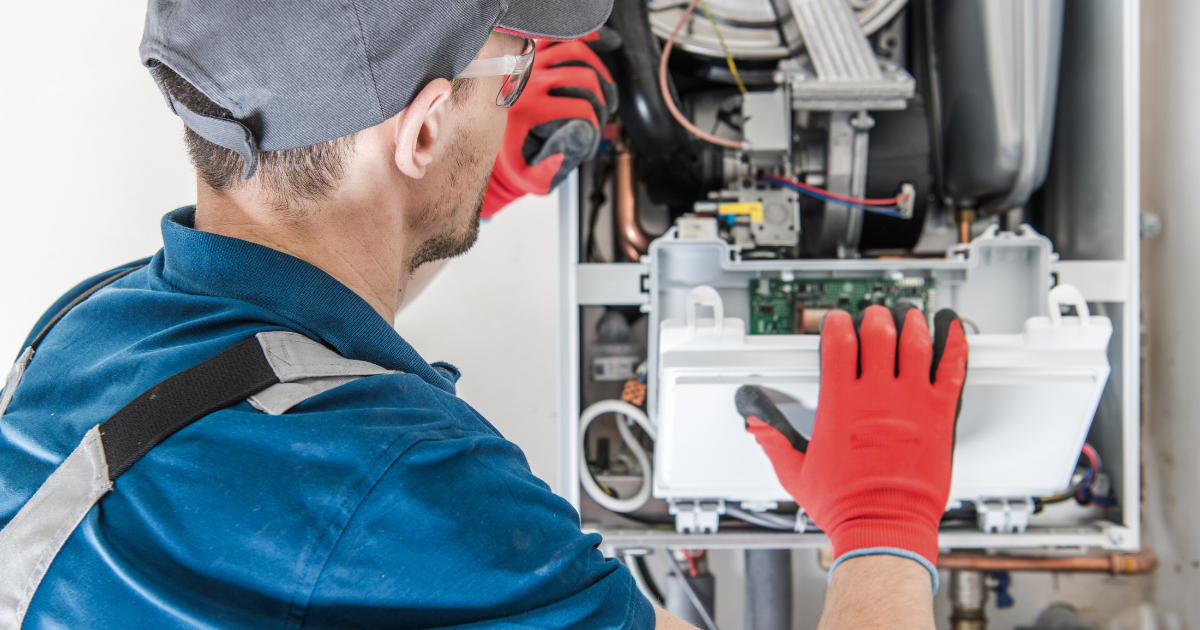As we endure the coldest months of the year and more buildings than ever remain empty as a result of the COVID-19 pandemic, water pipe freeze protection should be a priority for businesses and homeowners. After all, ruptured pipes are one of the most common causes of property damage and can be a very expensive problem to repair.
The good news is that there are steps you can take to prevent pipes from freezing and protect your water systems. Which is why we’ve put together this blog to explain why frozen pipes occur and the best ways to protect your pipes from freezing.

Why Do Pipes Burst?
Quite simply, when water freezes, it expands. This expansion puts pressure on the pipes and system components. This is most likely to happen to pipes that lead outside or are uninsulated so are more vulnerable to the elements - and therefore more likely to freeze. Pipes rarely burst when ice has formed, however freezing areas of the pipe force pressure ‘downstream,’ between the ice blockage and taps, tanks and boilers. This is often where the burst pipe occurs, usually in the places that don’t have ice at all.
Keep Your System Running
Firstly, we recommend keeping your heating running at a minimum temperature of 13 degrees celsius while the weather remains cold, even when your building is empty. This will help to keep warm water flowing through your pipes and prevent them from freezing up.
Some modern plumbing systems have ‘frost protection’ built in as standard and this can be switched on at any time.
Although keeping your pipes warm throughout the winter months, even while your building isn’t in use might result in a slightly more expensive heating bill, the temporary expenditure will be worth it in the long run when you avoid the frustration and expense of a burst water line.

Insulate For Cold Spots
Drafts and wind chill can play a role in freezing pipes too. Check for areas and small openings that may allow cold air to blow in - holes for cables, internet or telephone lines. Even those smaller openings can accelerate ice formation in a pipe. Once you’ve identified these areas, ensure they are blocked or insulated.
When it snows, if your roof defrosts faster than your neighbours, it could be a sign that your property isn’t well insulated so you could be wasting energy. This is another area you might look at improving insulation. Insulating your roof and adding double glazing can rectify this problem.
Regular Maintenance
Issues are likely to arise in colder weather if your boiler hasn’t been properly serviced. Keep up to date with your boiler maintenance to stop preventable issues from coming up.
It’s not all about your boiler though - check for cold spots on your radiators and make sure they’re not just heating up at the bottom. If this is an issue, there could be a blockage in your system or your radiators might need bleeding.
Don’t ignore leaks. If you do, it might result in a much bigger problem, especially in freezing weather. Be sure to investigate a suspected leak and find out how you can deal with it.
Get To Know Your System
Understanding your system can make a big difference in an emergency. Make sure you know where your stop tap is and check that you’re able to turn it easily. You don’t want to find it’s stuck or inaccessible in an emergency.
Familiarising yourself with your boiler can also help you use it more efficiently and will mean you’re more prepared for an emergency. Find out how it works, how to set the timer and what the main fault codes mean - keep your manual to hand as well.
Have A Plumbing Contractor On Hand
Make sure you have a plumbing contractor to call in a plumbing emergency. Call Highland Services on 01656 720 330 to discuss your plumbing needs.
Whether you’re looking for design and construction, mechanical maintenance or electrical services, domestic self-build or extension. If you’re looking for help get in touch with us today.

.png)

.png)